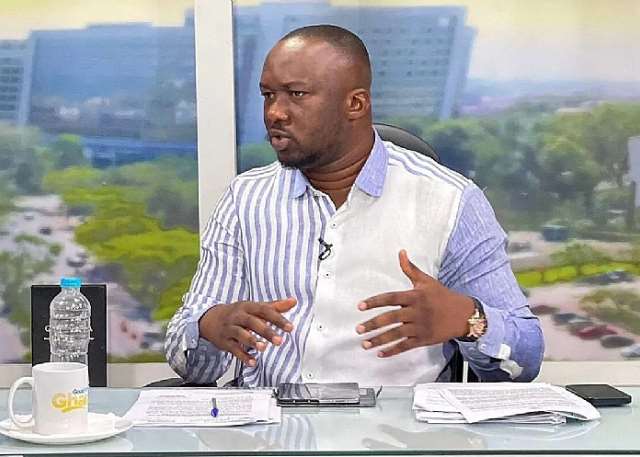The Youth Employment Agency (YEA) in Ghana is undergoing a significant transformation under the leadership of CEO Malik Basintale, with a primary focus on enhancing the welfare of beneficiaries, particularly those within the sanitation module. A key driver of this change is the termination of the agency’s contract with Zoomlion Ghana Limited, a waste management company that had been paying beneficiaries a meager GH¢258 monthly allowance. This amount drew considerable public backlash, prompting the YEA to prioritize a substantial increase in beneficiary compensation as part of its reform agenda. The CEO has firmly committed to ensuring that future contracts align with minimum wage standards and has indicated a projected increase exceeding 300% of the previous allowance, reflecting a resolute stance on improving the financial well-being of the sanitation workers.
The transition to a new waste management system is underway, with a dedicated committee actively evaluating tenders to identify a service provider that can offer better value to beneficiaries. This meticulous selection process underscores the YEA’s commitment to securing a sustainable and equitable partnership that prioritizes the welfare of its workers. The CEO’s personal commitment to this cause, invoking his late grandfather’s memory, underscores the seriousness with which the agency is approaching this reform. The overhaul not only aims to provide a living wage but also seeks to address systemic issues that have previously hampered the effectiveness and fairness of the sanitation module.
Beyond the critical issue of allowance increases, the YEA is also addressing irregularities within the system. A recent validation exercise of beneficiaries revealed instances of absenteeism, affecting approximately 5,000 individuals. While the agency clarified that no ghost names were discovered, the absentee workers will face penalties, forfeiting two months of unpaid allowances. This measure aims to reinforce accountability within the program, ensuring that beneficiaries fulfill their obligations and contribute meaningfully to the sanitation efforts. The YEA has emphasized that beneficiaries present at their assigned duty posts have been validated and have already received their allowances. This prompt payment further demonstrates the agency’s commitment to timely and efficient disbursement of funds.
The comprehensive reforms undertaken by the YEA signify a broader commitment to enhancing the effectiveness and impact of its programs. By addressing both financial and operational aspects, the agency aims to create a more sustainable and equitable system that benefits both the beneficiaries and the communities they serve. The increased allowances will not only improve the livelihoods of the sanitation workers but also enhance their motivation and job satisfaction, ultimately leading to better service delivery. The concurrent focus on accountability measures, such as addressing absenteeism, ensures that the program’s resources are utilized effectively and reach the intended beneficiaries.
The YEA’s focus on transparency is evident in its communication with the public and its engagement with oversight bodies like the Public Accounts Committee (PAC). The CEO’s appearance before the PAC and subsequent interaction with journalists demonstrates a commitment to open dialogue and accountability. Providing clear explanations regarding the reforms and the validation process fosters public trust and ensures that stakeholders are informed about the progress being made. This open communication strategy is crucial for maintaining the credibility of the YEA and garnering public support for its initiatives.
In conclusion, the YEA’s comprehensive reforms, including the substantial increase in allowances for sanitation workers, represent a significant step towards improving the livelihoods of beneficiaries and strengthening the overall program. The termination of the previous contract, the meticulous selection of a new service provider, and the implementation of accountability measures demonstrate the agency’s commitment to creating a more sustainable and equitable system. By addressing both financial and operational aspects of the program, the YEA aims to enhance its impact and ensure that its resources are used effectively to benefit both the workers and the communities they serve. This reform agenda marks a turning point for the YEA, paving the way for a more robust and impactful youth employment program in Ghana.


